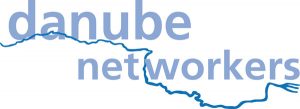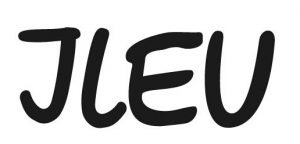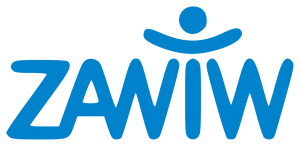Educational Framework Slovenia
Full Description
Under which conditions is further education for our target groups offered in Slovenia? What are the educational opportunities in your country for your target groups?
In some aspects Slovenian Third Age University considerably differs from what can be found in other European countries, the opinion of EUROSTAT researchers being “In this field the North of Europe has a lot to learn from the South of Europe”.
Let us first tell what Slovenian U3A is not: it is not geared towards caritative work, leisure time education, exercising body, self-help activities, etc.
Over the last 35 years, the exceptional situation of Slovenian older adult education has been due to the fact that its educators and volunteers have been enrolled in specialized education; next, to the fact that from the very beginning Slovenian Third Age University network has been imagined and maintained as a research and highly innovative and professional undertaking established back in 1984 by the efforts of two university teachers specialized in adult education as well as U3A staff’s efforts. The two university teachers brought to this university their professional knowledge and professional connections while, together with their colleagues, they started:
(1) encouraging participation of older people and young students of andragogy as well as outstanding professionals;
(2) doing public campaigning all over former Yugoslavia and in neighbouring countries;
(3) developing specialized education for adult educators in the field;
(4) creating learning and professional volunteering opportunities for older learners and building self-help structures supporting older people’s exchange and construction of knowledge;
(5) developing advocacy of older people and their need to have access to education;
(6) caring for continuous, though mostly small-scale research studies in the field;
(7) cultivating long lasting international co-operation;
(8) setting up new organisations and supporting self-help learning structures based on the same mission:
– bettering older people’s life, interconnecting their lives with the lives of others (inclusion),
– encouraging older people’s stepping out in the public sphere (inclusion),
– supporting older people’s contributing to social, economic, innovation development.
What is particular about Slovenian Third Age Network are 52 universities spread out even to very small rural localities’, where they have been strongly involved in local development by their members’ learning, creating, spreading education and culture as well as art, all as a basis for dignity, decent life, gaining knowledge and skills.
By this day, all universities have developed socially engaged education of older people and socially engaged art of older people as a result of research and democratic learning in small study groups, or study circles pursuing both cognitive and action goals for the benefit of their localities. It can be said that Slovenian older learners have become some kind of activists, politicians, sociologists in dialogue with other generations through intergenerational learning, civil dialogues, etc.
Slovenian providers of older adult education are today many, due to the fact that Slovenian U3A has been caring for the interconnectivity of different organisations be they civil, private or public. So older adult education is today provided by:
Anton Trstenjak’s institute (research and caritative orientation); Open universities; Museums; Hospitals; Art associations; Retired professionals’ associations; Clubs of pensioners; Daily centres for older people’s activities; Libraries; Centres of Social Work; Faculties.
Slovenian Third Age university also supports education of other social groups at the edge of society depending on the research areas/projects of its founders and collaborators: education of adult educators in the field of the migrant’s inclusion (‘RefugeesIn’, cinema for social inclusion of refugees), children and adults with dyslexia (FORWARD, FORWARD TRAINER), volunteering in culture (Older people as cultural mediators in public institutions), education of low educated and low skilled workers (LearnersMot), pre-retirement education, etc. Most of these areas were introduced as a result of the work started in European projects.
Non-formal older adult education is mostly not for free. Small fees are asked for in most cases. (Author: Dusana Findeisen)



